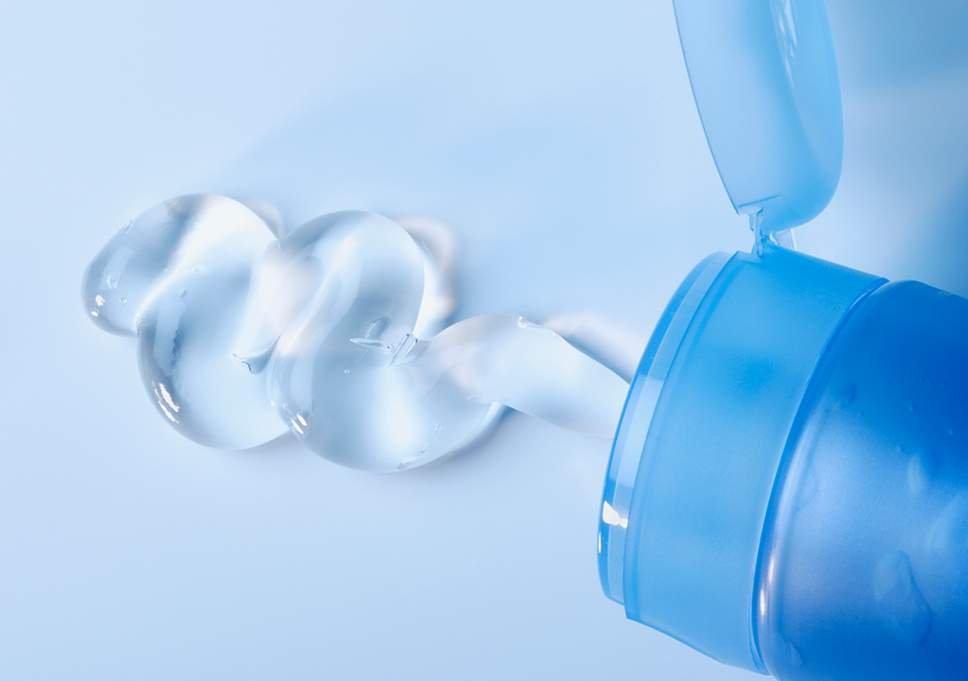
Personal Lubricants and You: Staying Safe
Not all lubricants intended for intimate moments are created the same, and which you choose can mean the difference between a wet and wild romp and a Hindenburg level disaster.
Lubricants aren’t simply just some slippery liquids. There are several different types with different ingredients that suit some purposes better than others. SexToysandFlowers.com goes into a great amount of detail, with some attractive graphics as to the different types a little more in-depth than below. But then, here’s a quick rundown on some of the types of lubes and what their strengths and weaknesses are:
Oil-Based Lubricants
Oil-based lubricants are based mainly in either petroleum or plant-based oils, and are prized for their slick textures and staying power. This means they don’t need to be frequently reapplied. Oil-based lubes also have a low probability of causing an allergic reaction as their ingredients are nearly always entirely hypoallergenic. One of the biggest downsides of oil-based lubricants is they aren’t compatible with latex condoms.
If latex condoms come into contact with oil-based lube, the structural integrity of the latex is compromised in a process that’s almost like dissolving portions of the condom on a microscopic scale. Condoms are more likely to break or fail in ways you may not notice, leading to the spread of STIs, or it can result in an unwanted pregnancy. This problem can be avoided by using polyurethane condoms.
Oil-based lubes can be used with all sex toys that don’t have any latex components, including silicone toys.
Water-Based Lubricants
The primary ingredient in water-based lubricants is, of course, water. The extra ingredients are typically thickening agents to keep it on the skin longer, or ingredients intended to make the product slicker.
What makes water-based lubes fantastic is they can be used with latex condoms. This will lead to worry-free sex if using water-based lube, as opposed to the oil-based. People who have sensitive skin or are worried about keeping their skin clear are served well by water-based lubes as they wash out easily, and their ingredients are typically very gentle on the skin. In the safety department, water-based lubes dominate.
Water-based lubes aren’t without their drawbacks either, though. They aren’t as slick as oil or silicone-based lubes, and require much more frequent and constant application, if the level of slickness they do provide is expected to be maintained.
Silicone-Based Lubricants
Silicone-based lubes are the slickest and longest lasting of all of the three common lube types. They are the best mix of the positive and negative qualities of both water, as well as oil-based lubes, with only one major drawback.
Silicone lubes don’t degrade latex condoms, last spectacularly long, and are nearly always hypoallergenic.
The downside to silicone lubes is they can’t be used with silicone-based toys. If they are used together, the lube will degrade the toy’s structural integrity, resulting in a loss of shape as well as the possibility of the toy becoming hospitable for bacteria where it wasn’t previously, due to an increase in the size of the microscopic holes in silicone.




